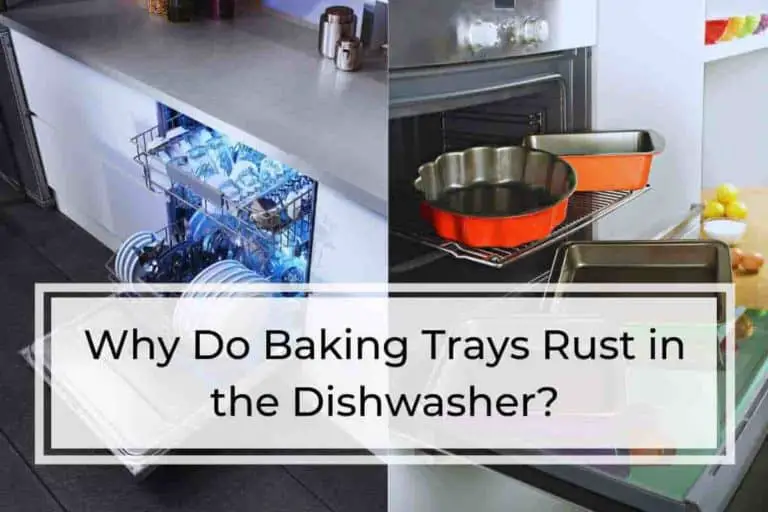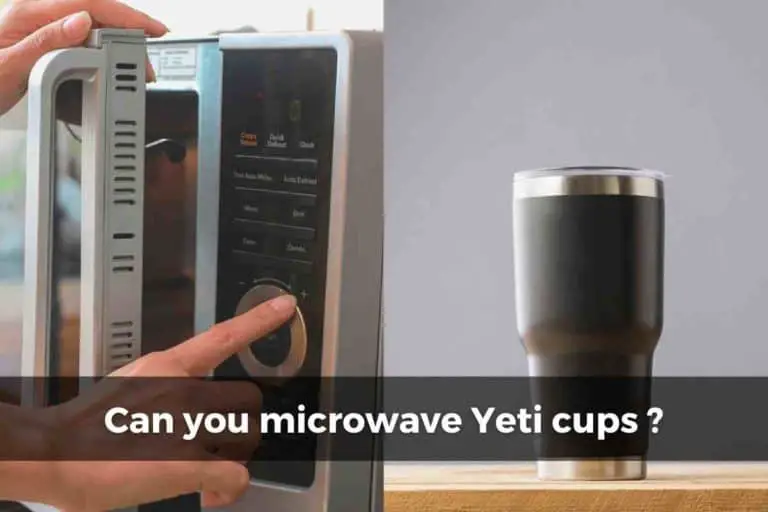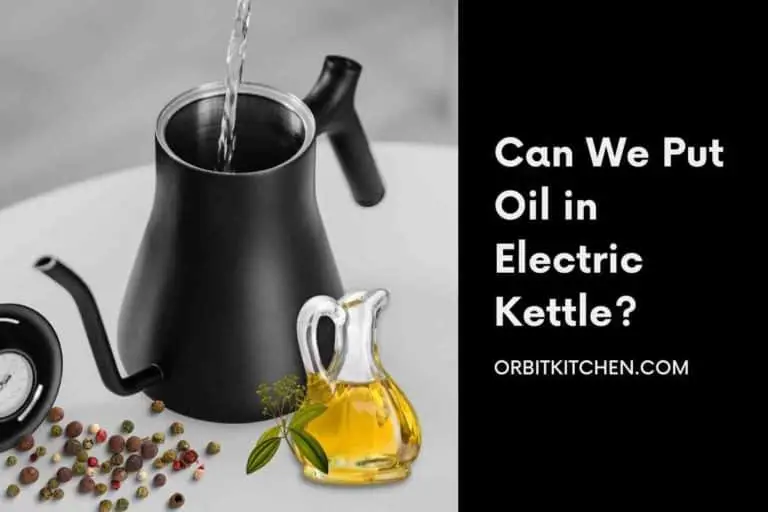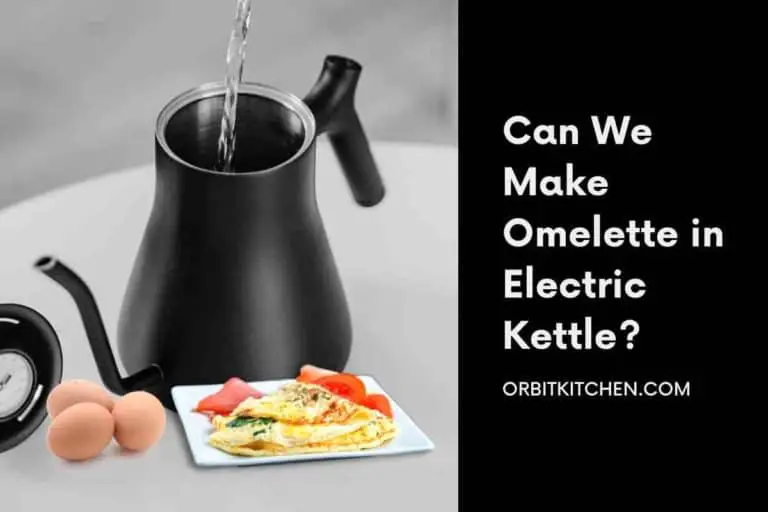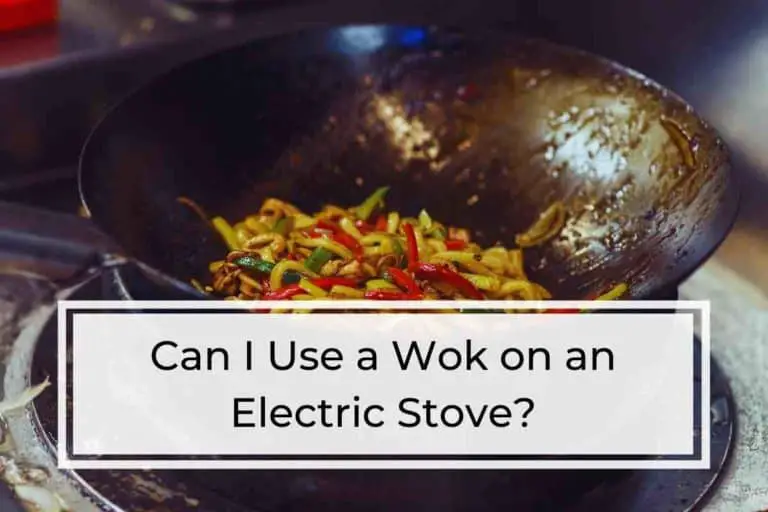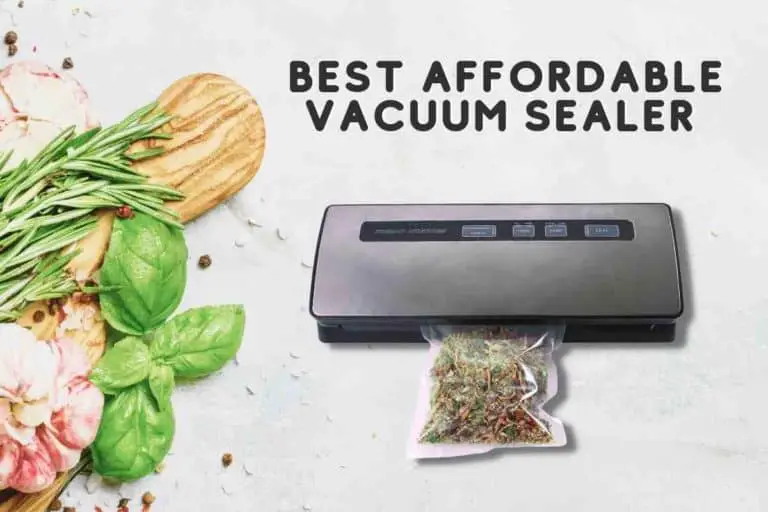Does a Coffee Maker Boil Water?
Coffee makers are an essential part of the kitchen. They’re used to making hot drinks, which is a vital part of the daily routine for many people. If you wonder whether a coffee maker can boil the water, keep reading to find the answer.
Does a coffee maker boil water?
Coffee makers do not boil water because they are not designed to handle the steam produced when water reaches its boiling point. Instead, coffee makers heat water to a lower than boiling temperature, typically between 195 and 205 degrees Fahrenheit. This allows the coffee maker to extract the maximum flavor from the coffee grounds without producing bitterness or other undesirable flavors.
In this guide, we will cover the topic does a coffee maker boils water in detail, so continue reading.
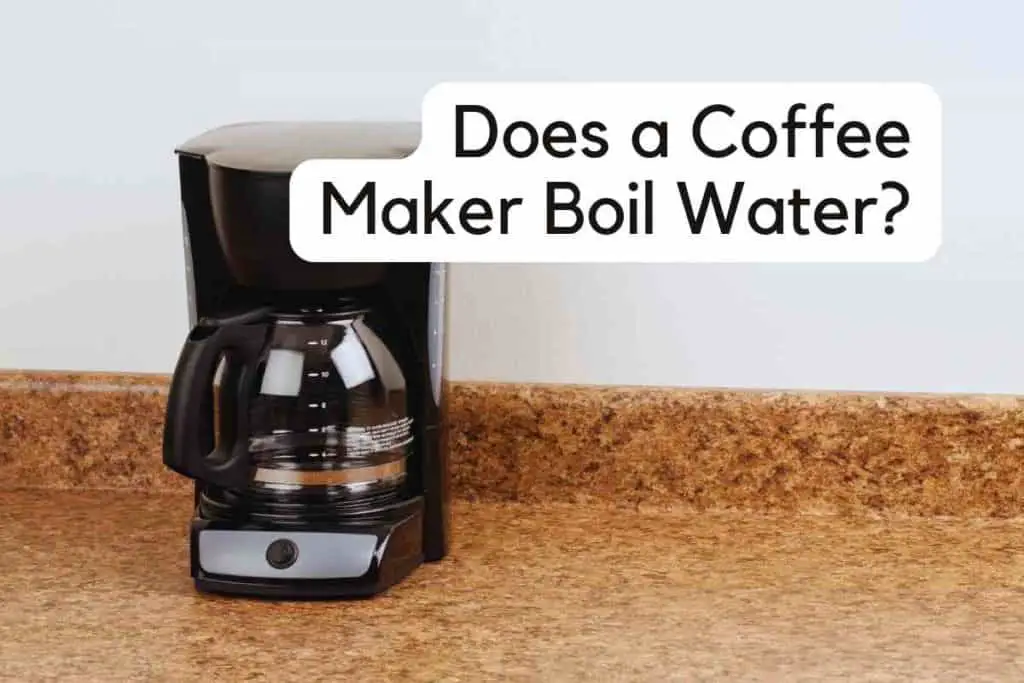
If you are interested in the top-rated kitchen appliances, be sure to visit my Recommended Products Page (click to see my page), Which includes all of my top picks by category.
Can You Use a Coffee Maker to Boil Water?
You cannot use the coffee makers to boil water to get the maximum amount of flavor out of the coffee grounds without producing bitterness or other undesirable flavors. Instead, they heat water to a lower temperature, typically between 195 and 205 degrees Fahrenheit.
The water has a boiling point of 212°F; however, most coffee makers only heat water to between 180°F and 205°F, so they may not be able to bring it to a full boil. You can also try a tea kettle as the best electric kettle will help to make your tea or coffee taste even better by providing clean water for brewing.
How Does a Coffee Machine Heat Water?
Though it’s not technically a “boiling” process, the interior of your coffee machine is reaching temperatures close to boiling. If you’re curious how that happens, here’s how it works:
The water in the machine is heated by a boiler, which is a sealed tank with an internal heating element. When the water reaches a specific temperature, a thermostat inside the machine signals the power to be cut off from that heating element. As soon as your water reaches its optimal temperature for brewing delicious coffee, any excess energy dissipates and isn’t wasted.
This temperature of the heating element in a coffee maker has two effects on brewing: first, it helps ensure the hot water doesn’t burn or damage your beans. And second, it affects the flavor of your brew. Coffee brewed near-boiling tastes over-extracted and bitter because some of the more delicate flavor notes aren’t able to make their way into your cup before being burned away by high temperatures.

See this electric kettle on Amazon.
Does the Coffee Maker Boil Water so Fast?
The coffee maker does not boil water so fast; instead, it heats up slowly to reach a temperature of around 195 degrees F. The thing about water is that the hotter it gets, the faster it boils. Two factors influence how hot the water in your coffee maker gets: the amount of time the water is in contact with the heating element and how much heat is coming from the heating element.
In most cases, coffee makers use one of two heating elements: One or more coils that look similar to light bulb filaments or a flat metal disc with tiny holes (think poker chips) on its surface.
Does a Coffee Maker Kill Bacteria in the Water?
The coffee makers do not boil the water, so the water temperature remains less than the boiling point of 212°F, which is insufficient to kill bacteria. In order to kill bacteria, the water must reach its boiling temperature.
Do Coffee Makers Sanitize Water?
Although most coffee makers do not sanitize water, some come with built-in water filters that remove impurities and bacteria. Some coffee makers also have a sanitizing cycle that uses hot water and bleach to clean the machine.
Does the Coffee Maker Purify Water?
A coffee maker does not typically purify water. The water that goes into a coffee maker is usually tap water, containing impurities. These impurities can affect the taste of the coffee.
Also, there is no scientific evidence to support the claim that coffee makers can purify water. Many products on the market claim to purify water, but there is no concrete evidence to support these claims. If you are looking for a way to purify water, you should consider using a water filter or purifier.
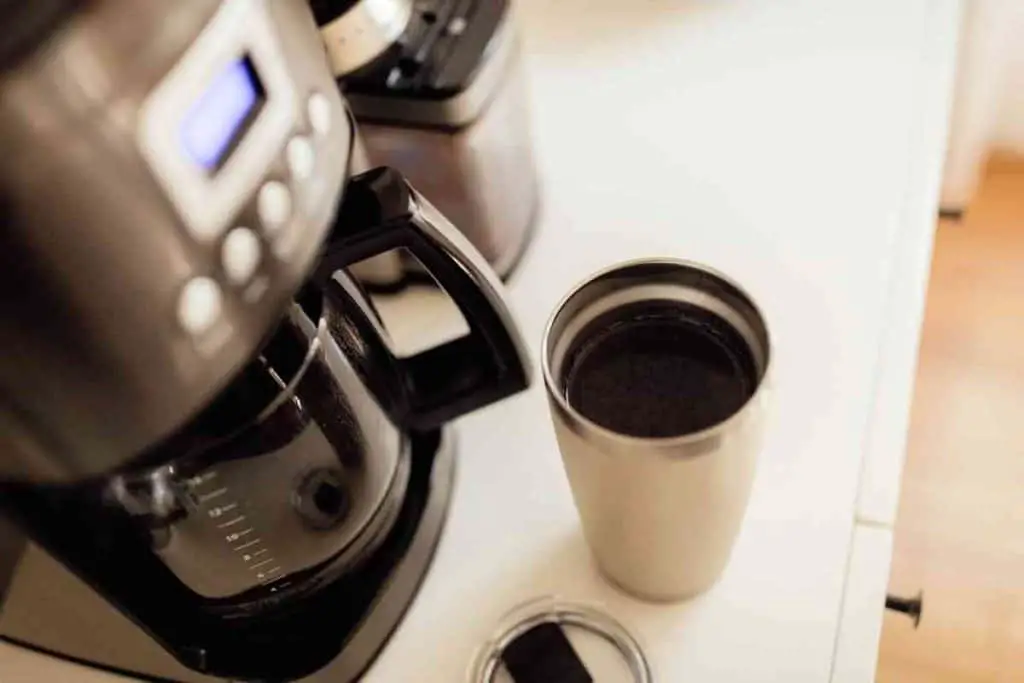
Should You Use a Water Filter in a Coffee Maker?
If you want healthier, cleaner water, use a water filter or buy bottled water for your coffee maker. If it’s relatively clean the water, there’s no need to add a filter—but if your tap water has a bad taste or smell, filtering is an easy way to improve the taste of your coffee.
If you’re unsure about your local water quality, try this at-home experiment: fill up two glasses with filtered and unfiltered tap water and see which one tastes better. To make the results more accurate, make sure to get rid of any leftover grounds in your coffee maker before running a fresh brew. If it’s clear that filtering makes a difference, go ahead and install one!
Conclusion
Coffee makers don’t boil water because they aren’t designed to handle the steam that comes from water boiling. The water is usually between 195 and 205 degrees. This will allow the coffee maker to extract the maximum flavor from the coffee grounds.
If you are interested in the best kitchen products and accessories, be sure to visit my Recommended Products Page (click to see my page), Which includes all of my top picks by category.

